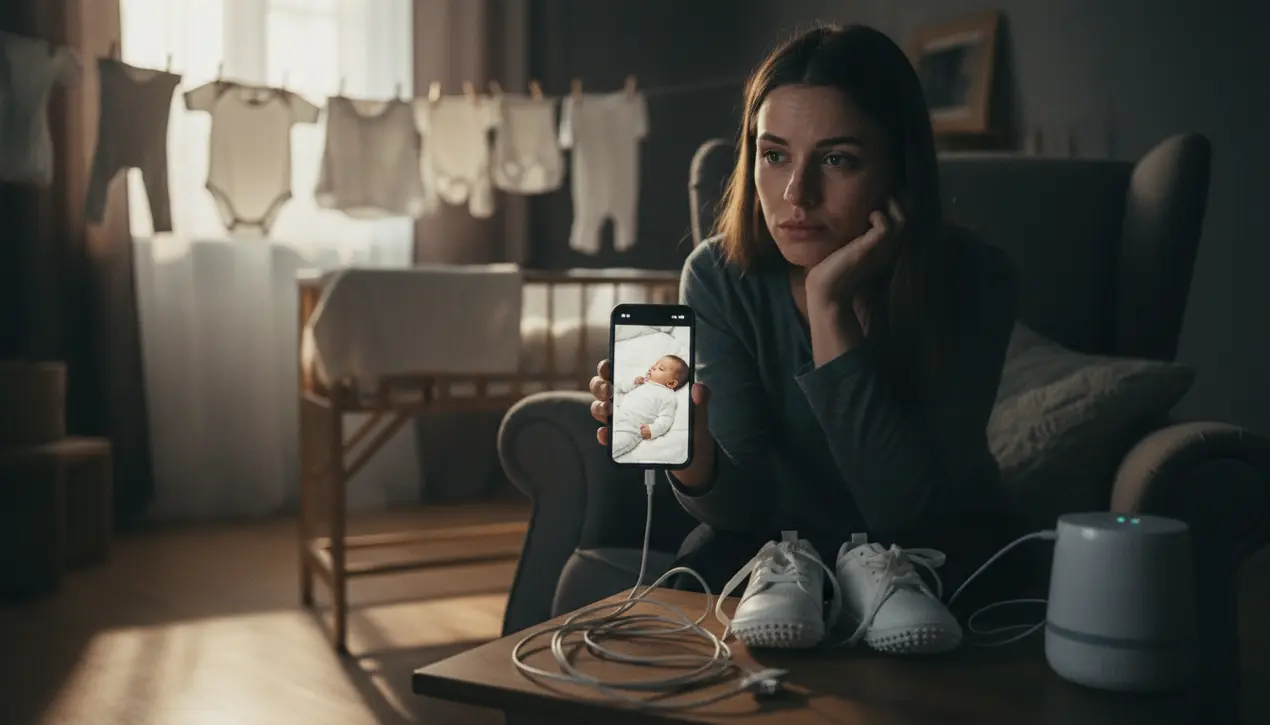
SciencemedicineMedical Technology
A Good, Bad, and Ugly History of Parenting Gadgets
LA
Laura Bennett
4 hours ago7 min read3 comments
The history of parenting gadgets is a deeply human story, one I've come to understand not just through research, but through the countless conversations I've had with mothers and fathers in parks and coffee shops, their voices layered with hope, exhaustion, and a quiet desperation for a solution. It’s a tale that begins not with silicon chips, but with the primal urge to protect and nurture, an urge that industry has been all too eager to commodify.I remember one mother describing the 1950s baby cage—a wire contraption hung out of a city apartment window to give the infant ‘fresh air’—not as a relic of neglect, but as a testament to the cramped, inventive realities of urban parenthood, a stark contrast to the hyper-vigilance demanded today. Then came the post-war boom, the era of the plastic bottle sterilizer and the baby monitor, each promising liberation but often delivering a new set of anxieties.The monitor, for instance, that tiny speaker crackling with static, didn't just let you hear your child; it wired your entire nervous system to their every sigh, transforming the quiet of night into a symphony of potential crises. This evolution isn't merely technological; it's a psychological journey, a shifting landscape of what we consider 'good' parenting, where the gadget becomes both a shield and a shackle.The 90s introduced us to the ‘educational’ gadget, the blinking, beeping toy that promised to boost IQ points, preying on the competitive fears of a generation. Now, we’re in the age of the quantified baby: smart socks that measure oxygen levels, apps that chart feeding and sleeping to the millisecond, creating a data-driven parenthood that can feel more like managing a tiny, fragile startup than raising a child.The ‘good’ is undeniable—the peace of mind for parents of preemies, the community found in online forums. The ‘bad’ is the relentless pressure, the guilt that sets in when you can't or won't adhere to the algorithm's perfect schedule.And the ‘ugly’ is the underlying current of surveillance, the normalization of tracking an infant's every biological function, and the subtle erosion of intuitive, hands-on care in favor of data points. It forces us to ask a profoundly human question: in our quest for the perfect tool, are we designing a better experience for parents, or are we designing the very anxiety we seek to escape? The answer, I suspect, lies not in the gadget itself, but in the hands that hold it, and the quiet, unquantifiable wisdom of simply being present.
#Designing Motherhood
#parenting gadgets
#medical history
#reproductive technology
#maternal health
#featured
Stay Informed. Act Smarter.
Get weekly highlights, major headlines, and expert insights — then put your knowledge to work in our live prediction markets.
Related News
Comments
Loading comments...
© 2025 Outpoll Service LTD. All rights reserved.